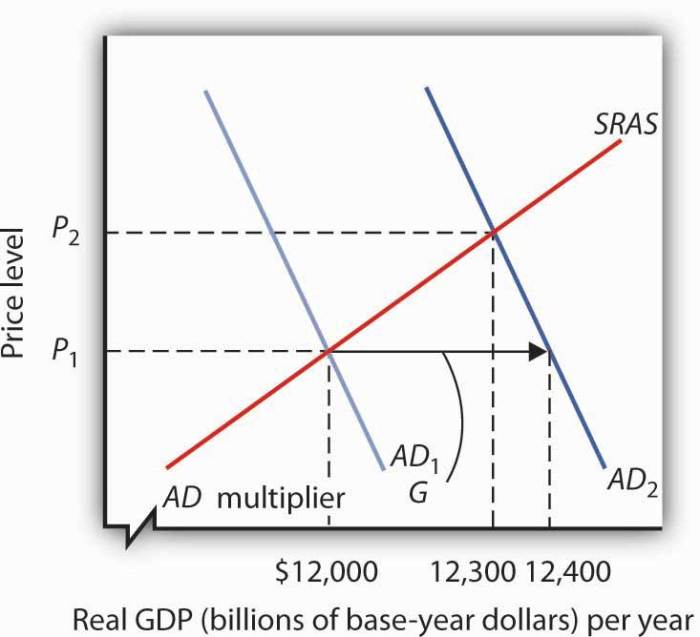Ways to Save Money on Home Renovations
Renovating your home can be an exciting venture, but it often comes with a hefty price tag. However, with careful planning and smart strategies, you can achieve your dream home without breaking the bank. This article explores various ways to save money during home renovations, allowing you to enhance your living space while staying within your budget.
Budgeting for Home Renovations
Creating a detailed renovation budget is essential to avoid overspending. Start by listing all the projects you want to tackle and estimate costs for each. Include materials, labor, permits, and a cushion for unexpected expenses. To track renovation expenses effectively, consider using budgeting apps or a simple spreadsheet. Make a habit of recording every expense as it occurs.
This visibility will help you stay on track and adjust your budget as needed.Common unexpected costs in renovations include discovering hidden damages, permit fees, and fluctuations in material prices. To prepare for these, allocate an extra 10-20% of your total budget for unforeseen expenses.
DIY versus Professional Help
Engaging in DIY projects can significantly reduce costs while providing a sense of accomplishment. Simple tasks such as painting, tiling, or landscaping can be done without professional help. When comparing the costs of hiring professionals versus doing renovations yourself, consider both the monetary and time investments. While professionals may ensure quality work, DIY can save you labor costs. Examples of suitable DIY renovations include:
- Painting walls and ceilings
- Installing backsplash in the kitchen
- Landscaping and gardening
- Refinishing furniture
Sourcing Affordable Materials

Finding discounted building materials can significantly reduce renovation costs. Consider visiting local home improvement stores during clearance sales or checking out surplus stores.Online platforms such as Craigslist, Facebook Marketplace, and Habitat for Humanity’s ReStores are great places to find used or surplus materials at a fraction of the retail price. When negotiating with suppliers and contractors, don’t be afraid to ask for discounts or explore bulk-buying options.
Building a good relationship with your suppliers can also lead to better prices in the long run.
Timing Your Renovation
The timing of your renovations can have a substantial impact on costs. Typically, contractors and suppliers offer lower rates during the off-season, which varies by region. Off-season renovations can lead to savings and better availability of materials and labor. For instance, planning a kitchen renovation in late winter or early spring may yield significant discounts.A simple timeline for planning renovations includes setting a budget, scheduling consultations with contractors, and finalizing designs.
Aim to complete planning at least a few months in advance to maximize savings and avoid last-minute expenditures.
Prioritizing Renovation Projects
Assessing which renovations add the most value to your home is crucial. Focus on high-impact areas such as kitchens and bathrooms, which often yield the best return on investment.Budget-friendly renovations that can enhance your home’s value include:
- Updating fixtures and appliances
- Improving curb appeal through landscaping
- Installing energy-efficient windows
Identifying must-do renovations versus nice-to-haves can be accomplished by considering your home’s needs, your long-term plans, and the potential return on investment.
Utilizing Government Incentives and Rebates
Various government programs are designed to assist homeowners with renovation costs, particularly for energy-efficient upgrades. Research local incentives available for home improvements that reduce energy consumption.To effectively apply for rebates and incentives, gather all required documentation and ensure your renovations meet program criteria. Staying organized can streamline the process and help you secure savings.
Leveraging Community Resources
Community workshops offer valuable skills for home improvement, often at little or no cost. These resources can provide you with the knowledge needed to tackle simple renovations yourself.Local volunteers or community groups can also assist with renovations, especially for larger projects. Connecting with local charities may provide access to supplies or labor assistance, further reducing your costs.
Planning Efficiently
Creating a detailed renovation plan minimizes wasted time and resources. Artikel each step of the project and allocate specific time frames to keep the work on track.Using project management tools can help track progress and expenses while allowing flexibility in your schedule to adapt to unexpected changes. A well-structured schedule will keep you focused and ensure that your renovation stays within budget while meeting your goals.

